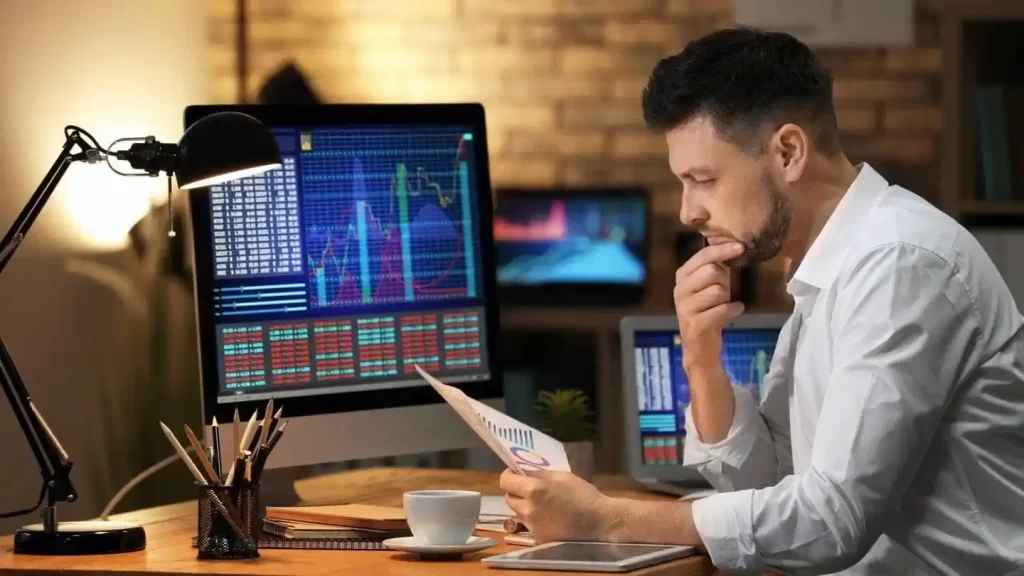In order to participate in the global currency market, you must first understand how currency exchange works. You should understand that there are many reasons to purchase a currency. You may buy stock from an overseas supplier, hedging your exchange rate risks, or even spend money on a vacation. When you trade in foreign currencies, you create a market and price that shows on the trading screen. You buy one currency and sell another currency. Prices for each currency are relative to another currency.
To trade in currencies, you need to know how to read forex quotes. Forex quotes have two prices: an ask and a bid. The bid is the price a buyer is willing to pay while the ask is the price a seller will accept. The difference between these two values is what determines the value of the trade. You can buy and sell currencies on the Forex market by lots. You should use a brokerage to trade currencies.
Forex trades are highly liquid compared to other markets. The lack of a central exchange means that the market is less susceptible to manipulation. As a result, forex trades are also more volatile than regular markets. Since traders can leverage up to 100 times, forex trading involves high risks. Because of this, retail investors should research the broker’s jurisdiction before they trade with them. In the event of a market crisis, account protections will protect your account from losses.
In order to profit from the fluctuations in currency value, a trader buys the base currency and sells it back to the market for a higher price. This process is called closing a trade and is also known as squared up. The forex market is open twenty-four hours a day, five days a week, but trading hours vary with daylight savings time. The difference between buy and sell price is called the spread.
In forex trading, investors make a prediction about the price of currency pairs. This is done in two ways: by buying or selling a currency, and by selling it in the future. Then, the traders buy it or sell it, and profit depends on the extent of their prediction. The spot market is a physical exchange of the currency pair. It is more liquid than the futures market, because the transaction occurs in cash.
Another reason to buy or sell currencies is to hedge your investments. If you own a U.S.-based company with operations in Europe, for example, buying U.S. dollars now will protect your profits if the euro depreciates. Conversely, if you sell U.S. dollars at parity with the euro, you will lose money. But the opposite is true, too. When you trade in foreign currencies, you are essentially putting your money in a bank.
In short, forex is a currency exchange market. You can buy or sell a currency for another and make profits. The most common pairs are the euro against the US dollar and the British pound against the British pound. While the majority of forex transactions are made by individuals and banks, institutional forex trading is conducted by large banks. Unlike the stock market, which has a central market, the forex market is not centralized. It is a global electronic market.
You may also like
-
Forex Trading for Digital Nomads: Navigating Tax, Banking, and Currency Risk
-
Algorithmic Trading Strategies for Retail Forex Investors: Your Guide to the Digital Edge
-
AI-Driven Forex Signal Accuracy and Backtesting Methodologies: The Smart Trader’s Guide
-
Top 10 Forex Trading Strategies to Maximize Profits in 2024
-
How to Profit From Forex Swing Trading


